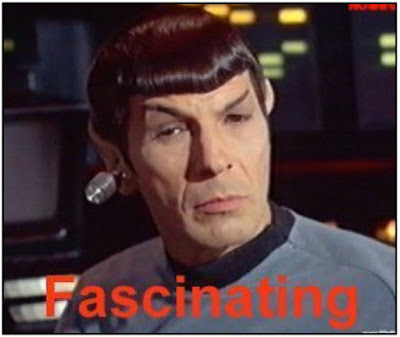grimtraveller
If only for a moment.....
To all the mastering engineers out there, how did you become mastering engineers ? What motivated you to go into mastering ?
And those that aren't but master their stuff anyway, how did you know what to do or how did you go about finding out ?
And those that aren't but master their stuff anyway, how did you know what to do or how did you go about finding out ?





 From the start, the problem was getting the fog out of the bass so that there was room to mix the other tracks louder.
From the start, the problem was getting the fog out of the bass so that there was room to mix the other tracks louder.

